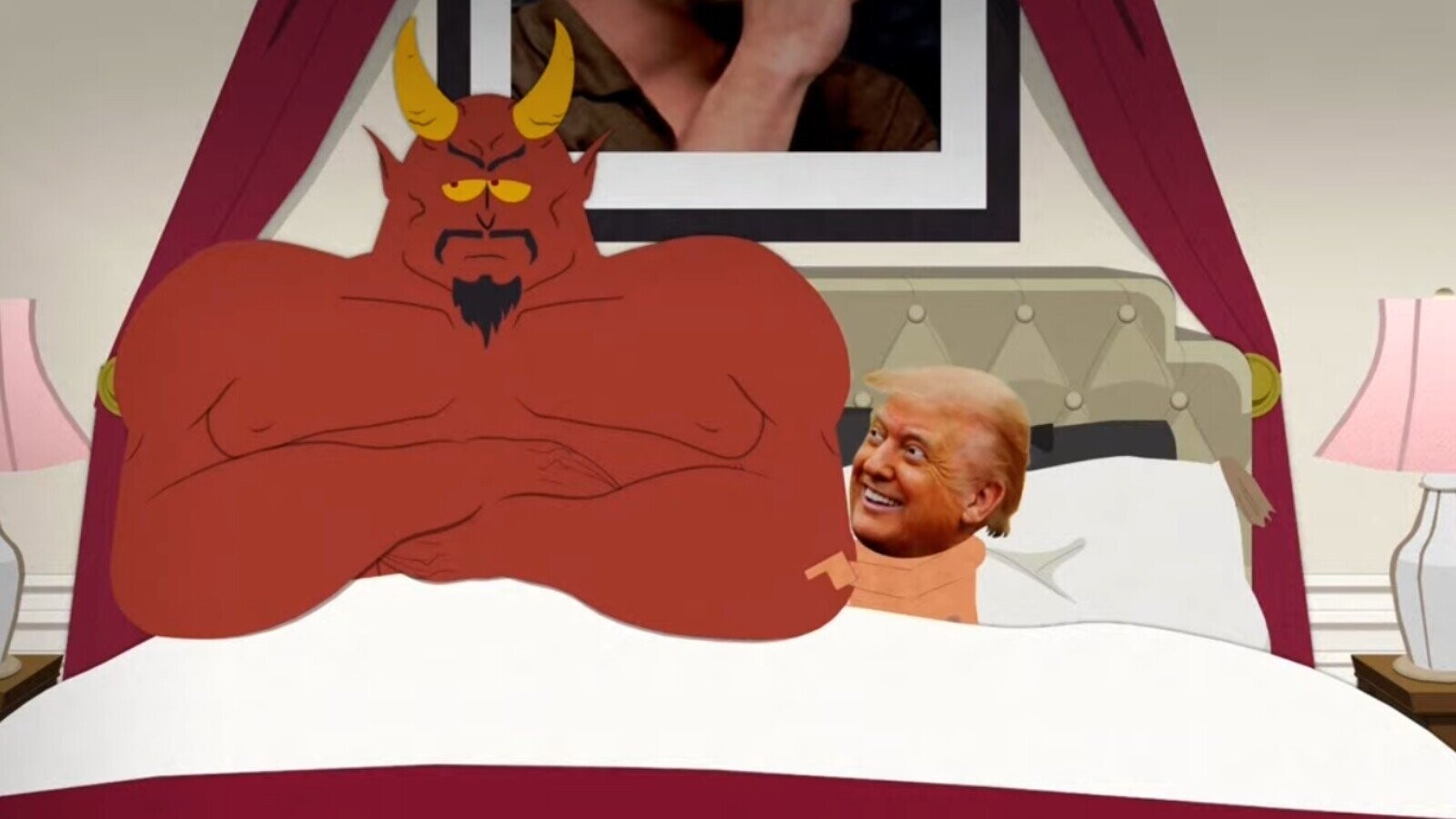Dressed to Purrfection: Cute Compilation of Fashion Forward Felines Who Know How to Accessorize
Hey there, feline enthusiasts. Did you know that cats are multi-functional? These little fluffballs serve as vacuum cleaners, mess makers, tuna enthusiasts, and, apparently, style icons! That’s right, move over designer brands, because the latest trendsetters in the fashion world aren’t coming from Paris or Milan—they’re purring their way straight into our hearts, decked out in the most adorable accessories.
From tiny bow ties to fashionable hats, stylish scarves, and even the occasional pair of cat-safe sunglasses, these fashionable felines are proving that great style isn’t just for humans. And the best part? They pull it off effortlessly. Let’s take a look at these cool cats who are happily rocking the trendiest accessories around.
Source link





